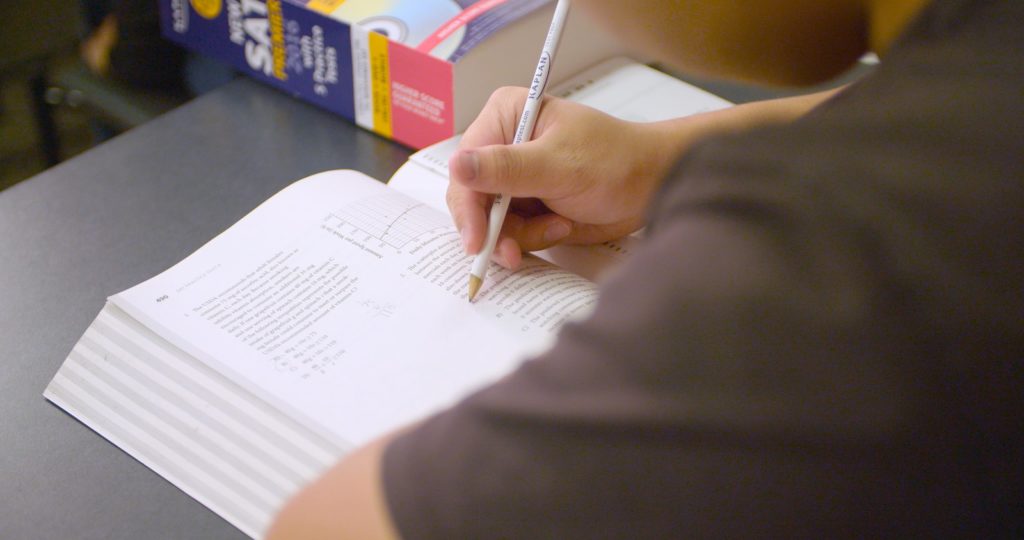
At the beginning of each school year, your kids have a chance for a fresh start. And you, their most important teacher, are key to their success. Here’s what you need to know.
1) Teens are different. You’re not parenting a 7-year old. Your teen wants to be in charge of his time and choices, but he still has a lot to learn. You need to be on hand to help with skills like problem-solving and decision-making. That’s ‘help’, not do it for him.
2) Give them time to decompress after school. One of the things a group of 8th grade girls said bugs them is when they are picked up from school and their parent (usually mom) immediately asks them about their day. They’ve just spent seven hours in school and would like to think about something else. So sit tight. If you play your cards right, information will be forthcoming.
3) Encourage student-to-teacher communication.
It’s time for your teen to be his own advocate. This takes courage, and is an important life skill that will serve him well in the adult world. If there’s a problem with a grade, encourage him to talk to the teacher. Same thing if he needs extra help. He won’t want mom and dad on line with him registering for college courses, or calling the boss about a performance review. Now is the time to develop that skill.
4) Preparation, routines,and limits . This goes for homework, sleep, social media/screen time, sports, lessons and socializing. You’re not a prison warden, or standing there with a timer, but… you know very well that there needs to be a balance. And, as the parent of a teen, it’s time for brainstorming and compromise in some of these areas if you want to see any results.
5) Focus on the big picture, too. With college in the back of your mind, you may be putting extraordinary attention on grades. Of course they are important; but that also sends the message that grades are the only things that count during middle and high school. There’s lots of life learning to do if your kids are going to be successful in college and beyond. Are they curious and courageous? Do they show concern for others? How responsible are they for themselves (from laundry to behavior)? And remember, they don’t need to be at an Ivy League school in order to be successful.
Even a straight A student may not be socially and emotionally prepared to be successful in college. Now’s the time to get back to the basics. When their character is strong, all the rest will follow.
